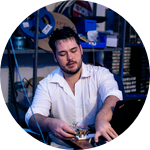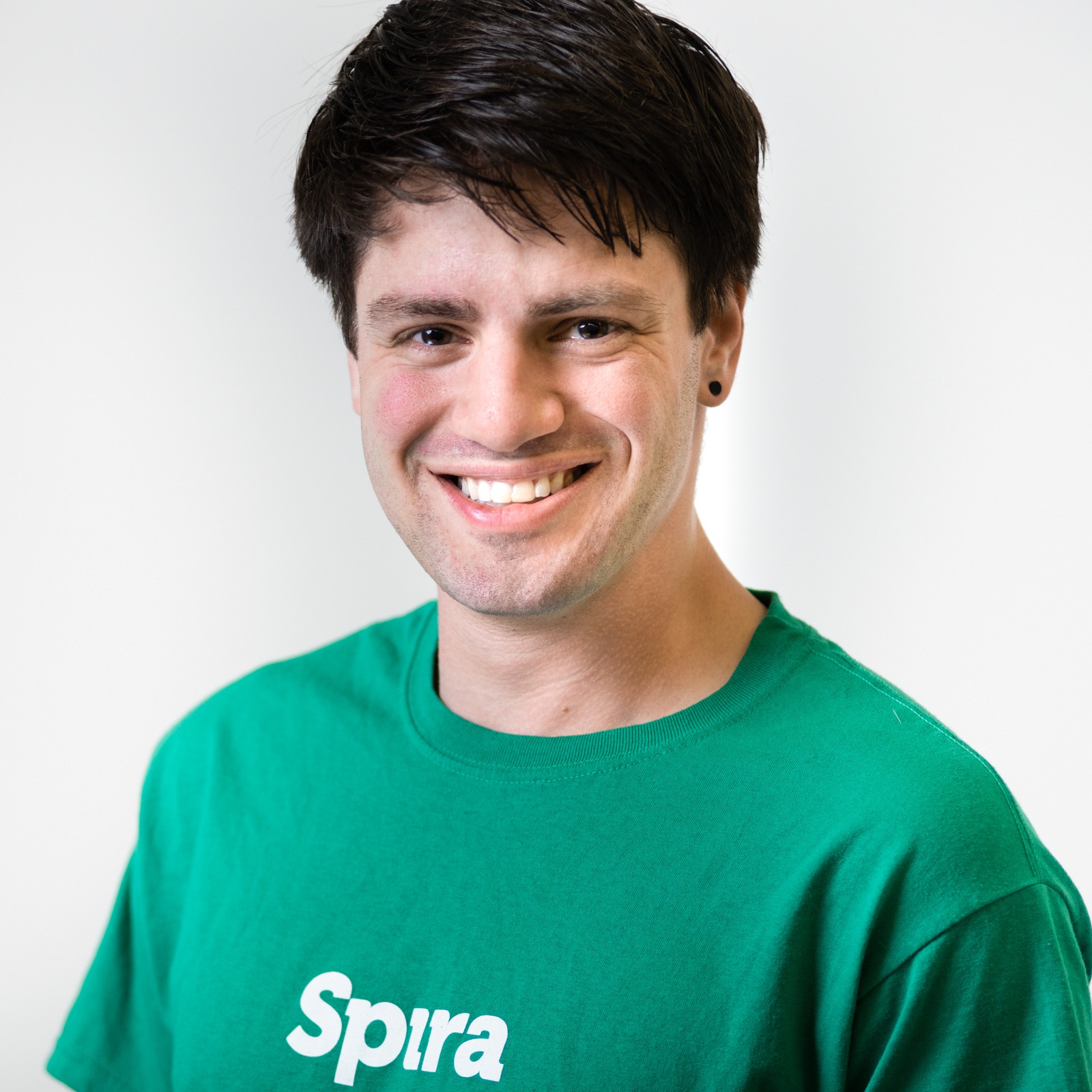About This Project
The project's goals include creating stable V. natriegens-chloroplast unions, enhancing photosynthetic efficiency and growth rates, and directing the synthesized biomass towards biofuel production, all while assessing the system's carbon capture potential. Success in this venture promises to significantly reduce atmospheric CO2 levels and contribute to renewable energy sources, thus addressing two paramount environmental challenges with one innovative solution.
Ask the Scientists
Join The DiscussionWhat is the context of this research?
The imminent threat of climate change, exacerbated by excessive atmospheric CO2 levels, demands innovative biotechnological solutions for carbon sequestration. Concurrently, the global energy crisis is driving the search for sustainable biofuel sources. Traditional methods of carbon capture and biofuel production are hindered by inefficiencies, high costs, and scalability issues, creating a pressing need for novel approaches.
What is the significance of this project?
Harnessing the rapid growth and metabolic capabilities of Vibrio natriegens (V. natriegens), an extremophile bacterium, could revolutionize bioenergy production and carbon capture. However, its photosynthetic capacity is unexplored and underutilized. The integration of chloroplasts into V. natriegens presents a groundbreaking opportunity to create a chimeric system that efficiently converts CO2 into biomass and biofuels. This symbiotic entity could address the dual challenges of climate change and energy sustainability but is currently restricted by a lack of understanding and technology for such cellular mergers.
What are the goals of the project?
Our project aims to engineer chimeric V. natriegens with functional chloroplasts, thereby establishing a robust, photosynthetically active bio-system. We will:
- Develop protocols for the stable integration of chloroplasts into V. natriegens.
- Optimize the chimeric organism for efficient photosynthesis and rapid growth in various environmental conditions.
- Investigate the system's efficacy in carbon sequestration and biofuel production at a scalable level.
- Assess the bio-safety and ecological implications of deploying this chimeric organism in real-world scenarios.
Budget
Funds will be primarily allocated to laboratory equipment, chemicals, and materials necessary for microinjection, genetic modification, and culture scaling. Resources are also earmarked for biosafety testing and pilot project implementation.
 Project Timeline
Project Timeline
Months 1-6: Chloroplast isolation, integration into V. natriegens, and initial stability testing.
Months 7-12: Optimization of photosynthetic efficiency and growth, commencement of biofuel production.
Months 13-18: Large-scale carbon sequestration and biofuel production testing, biosafety assessments.
Months 19-24: Pilot project initiation, scalability assessment, and stakeholder engagement.
Jan 01, 2024
Chloroplast isolation, integration into V. natriegens, and initial stability testing.
Jul 01, 2024
Optimization of photosynthetic efficiency and growth, commencement of biofuel production.
Jan 01, 2025
Pilot project initiation, scalability assessment, and stakeholder engagement.
Jan 01, 2025
Large-scale carbon sequestration and biofuel production testing, biosafety assessments.
Meet the Team
Affiliates
Christian Tate
Hi I'm Christian, president of CCL a micro/synthetic biology community lab in Oakland, CA and co-founder of BioPunk Society in San Francisco CA.
https://www.counterculturelabs…
I've dabbled in gene therapy, and made a few pathways for protein synthesis as well as being a general maker. I believe we are heading into another great techno-revolution. So my goals are to democratize and educate people about the field of synthetic biology, and biochemistry.
Elliot Roth
Elliot is the head of strategic partnerships and venture portfolio in the agriculture group at Deep Science Ventures, and former founder of Spira, a company that creates carbon-negative materials from engineered algae grown by a global network of farms.
Previously Elliot helped establish IndieLab RVA, a community lab in Richmond, Virginia, and led a coalition of 5 community labs sharing knowledge and expertise in Virginia. He worked as a consultant with Betabox Labs establishing educational programming in a mobile makerspace, and built out the CrabLab in Los Angeles, a community laboratory in a shipping container as well as the Biopunk Society.
He is a Future Founders and Halcyon Fellow, holds a degree in biomedical engineering; previously started 7 companies, 2 nonprofits, studied synthetic biology for 12 years and worked for 5 years as a product consultant. He is incredibly motivated to solve physiological needs using simple biological design and enabling access to the tools of biotechnology. In his spare time he plays music, and participates in space analog missions while residing in San Francisco.
Additional Information
This pioneering venture stands to not only mitigate the effects of climate change through enhanced carbon capture but also to significantly contribute to the renewable energy sector by providing a sustainable, efficient biofuel source.
Project Backers
- 0Backers
- 0%Funded
- $0Total Donations
- $0Average Donation

